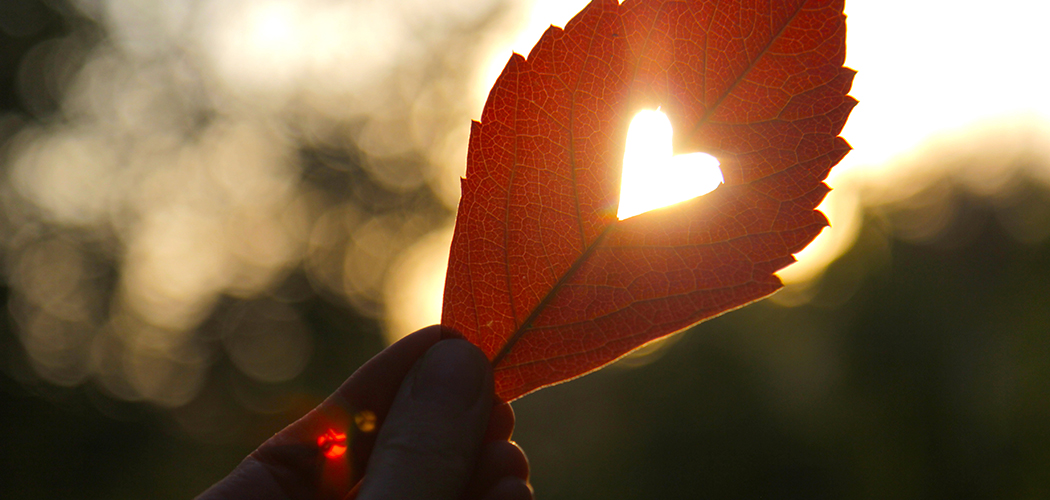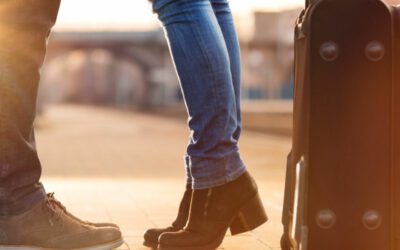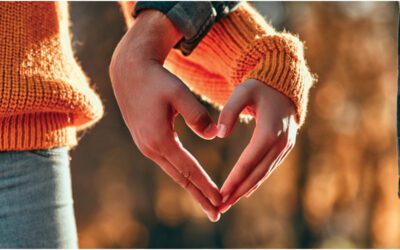[title subtitle=”words: Marla Cantrell”][/title]
The story goes that when I was born, my daddy didn’t especially cotton to me. I had this head full of black hair, for one thing, in a family so blond we looked like we belonged on a hillside singing something from the Sound of Music.
My black hair turned snowy soon enough, by year one, I think, but something about our initial meeting caused a rift between my daddy and me. I was never to be his favorite—that was my older brother—but I was his last.
I remember car rides, probably like a lot of you do, the windows rolled down, sitting in the middle of a bench seat elbowing my brother and sister for space. In summer like it is now, the backs of my legs would stick to the seat and when I’d get out, I’d have red hatched marks across them.
We had a Coleman ice chest we carried in the back of the station wagon, metallic green, and filled with RC Colas and Patio Root Beers and lemonade and bologna for sandwiches when we’d head out of town.
Most weekends, we’d drive to Oak Creek Canyon—this was when we lived in Phoenix—to escape the heat and the noise and the closeness of neighbors. My daddy didn’t like closeness of any kind is what I remember.
I can smell Oak Creek yet, the chaparral, the ponderosa pines, the oaks of course. If I get near any combination of those smells, my eyes go misty, and I’m a kid again with a yellow metal sand pail and white-blond pigtails and navy-blue sneakers that slipped on the rocks when I tried to cross the stream.
It was a mighty stream.
I was born in Phoenix in August—my birthday is just days away—which is why I’m dragging up the past. My childhood comes crawling back, the good and the bad, just like everybody else’s, I suppose. I met a man once, well, let me tell the truth, I loved a man once who said his childhood was episode after episode of outright joy. The night he told me, I knew we were doomed. I needed a man who understood what it felt like not to feel cherished, who understood that if he said he’d call at a certain hour, he’d dang sure better. If not, a woman like me, hurt down to the bone, might do something serious, like start checking hospitals to see if he was there. Or risky, like heading out to a bar to meet somebody new.
Well.
Not that my daddy hit me. No. But he was an emotional faucet turning on and off, on and off. For days sometimes, after I’d made him mad, he’d not speak at all. And then one bright morning, he’d cuff me on the shoulder real gentle or ruffle my hair or tell a joke and off we’d go again.
This one time—this was at Oak Creek Canyon too—I remember sitting in the tent with my hand cupped over my ear that was infected, I suppose. I was five, I think. Or almost five. Daddy had made hot dogs for dinner, and he’d opened a package of Hydrox cookies, but I’d not eaten anything. By then, my dad and brother and sister were roasting marshmallows. My brother was burning his, the marshmallow an ember. I’m not sure where my mother was. All I remember is that she never went camping.
I could hear the water from the stream rushing by, and an owl somewhere, and a cat yowling that I took to be a mountain lion. I often reflect on that scene. Me in the tent. My brother and sister and Daddy standing together.
After they finished, Daddy played the car radio, the car doors flung open. When Buck Owens started singing “My Heart Skips a Beat,” Daddy took my sister by the hand and danced a little in the light of the fire. He moved like water, like a heartbeat. My sister stumbled but laughed. At seven, she was more of a tomboy than a ballerina. The next day she would challenge my nine-year-old brother to a wrestling match that she would win.
I still love the smell of a canvas tent. It nearly always brings up the good memories of then: waking beside my sister who slept on her side with her hands tucked beneath her chin. Going to sleep to the sound of my brother’s transistor radio playing a Cardinals baseball game.
That night, my ear hurt so bad my teeth ached. My sleeping bag was on an air mattress, and when I sat up, the mattress squeaked. The moon was nearly full, and there was a dull light cast across the inside of the tent, enough for me to see Daddy sitting up as well, his white t-shirt nearly neon in the night.
“Can’t sleep?” he asked me, and I shook my head no.
“You didn’t eat supper.”
I touched my ear. “My ear hurts.”
All around cicadas were making their raspy sound. Tree frogs were joining in, their circular calls like tiny horns blaring.
“I was about to get a smoke,” Daddy said. “Come go with me.”
He took my hand. Outside, he stirred the campfire with a stick, making sure it was out. When he sat down in his lawn chair, he lit his cigarette and motioned for me to come over.
I sat on his lap, and he smoothed the hair away from my rotten ear. “I’m gonna blow some smoke in there,” he said. “My dad did that for me a hundred times when I was a kid, and it always helped.”
At five, your father is magical, he is a man who holds secrets that hold power that can change the world. And so I sat still in a cloud of smoke that should not have made me feel better but did.
In between puffs, he told me the story of his daddy, a sheriff in a small Arkansas town who sent his own son, my uncle Thomas, to prison for stealing. The story made my brow furrow; it was too old a story for me.
“Dad was trying to help,” my daddy said. “He was trying to stop Thomas from going on down that crooked road.”
I spoke, but softly and Daddy said, “I can’t ever understand a thing you say.”
The comment stung, but Daddy didn’t seem to notice. Instead, he said, “Thomas didn’t get out of the pen for six years. He didn’t come home after that until Dad was dying.”
Daddy puffed smoke in my ear again, and I rested against his chest, too tired to sit up straight anymore.
“In the hospital, Dad told Thomas he was sorry for all that had happened. Thomas tried to say something back, but the words got stuck somewhere.”
“What happened next?” I said, and this time he heard me.
“Dad’s heart,” he said. “It just quit.”
I could hear my own heart beat in my bad ear, a drum sending messages through the darkness. “Your heart is a pump,” Daddy said. “Like a water pump or a washing machine, like an oil pump in a car. They get old. They wear out.”
A cupholder was attached to the arm of the lawn chair, and Daddy picked up the empty cup and put it to his lips anyway. The moon was capping the ripples in the stream with silver light. The night smelled of the forest and wood smoke and cigarette smoke and the cologne Daddy wore even in the woods.
“Yours is a good heart,” Daddy said, the kindest sentence he ever spoke. “So don’t you worry.”
I fell asleep in Daddy’s lap, my good ear to his heart. Even then, the sound was irregular. It dropped beats. It thundered and then quieted.
The next morning, I stayed in the tent while the rest of my family trout fished. If you’re a girl with a certain imagination, a tent can become a palace. A lousy ear a curse from an evil queen. I ventured out only once, to find the bathroom, and it took me at least a tearful hour to find my way back. When I told Daddy what had happened, he said, “I don’t know how you’re ever gonna find your way in this world if you can’t even figure out how to get back from an outhouse.”
My brother and sister roared with laughter, and I cried. This cycle continued for years—feast or famine from my daddy, love and hurt—until I had enough gumption to leave home. He was right. I couldn’t find my way back from an outhouse, and I couldn’t find my way back to my childhood home.
This is the part of the story where there needs to be an epiphany, a great awakening, a homecoming, something. But like I said, I couldn’t go home again, and I didn’t until after Daddy died. If he regretted the hot and cold life he’d given me, he didn’t say so. The one time I tried to talk about it, from a phone booth outside a bar in Tallahassee, Daddy said, “Try living in a foxhole for three weeks straight, the Nazis shooting at you twenty-four-seven. Try that and then call me back and tell me how hard you had it.”
So, there were wounds I didn’t understand.
After he died, though, I did find this: his old toolbox with an envelope taped to the inside of the lid. Inside were photos of me and my brother and sister, mostly on camping trips, mostly at Oak Creek Canyon. In the one I carried home, I’m wearing white shorts and a pink top and those navy-blue sneakers I remember. I guess my brother or sister took the picture because Daddy is in it with me, looking down at me. He is smiling a smile that doesn’t have one speck of pain behind it, and I’m smiling back, and the thing I notice most is how similarly we stand, leaning on one foot, our hands tucked beneath our armpits.
I keep the picture on my bedside table and look at it most nights before I fall asleep. I’m mindful of my heart, hearing it beat in my ears. The heart is a pump, I say, no different than a water pump, an oil pump. But the heart is also a drum, sending signals out that search for love. My daddy could not regulate the drumbeat of his heart, but I still have a chance. Mine is a good heart. My father told me that years ago on a navy-blue night in a canyon we both loved. I remember it still.




